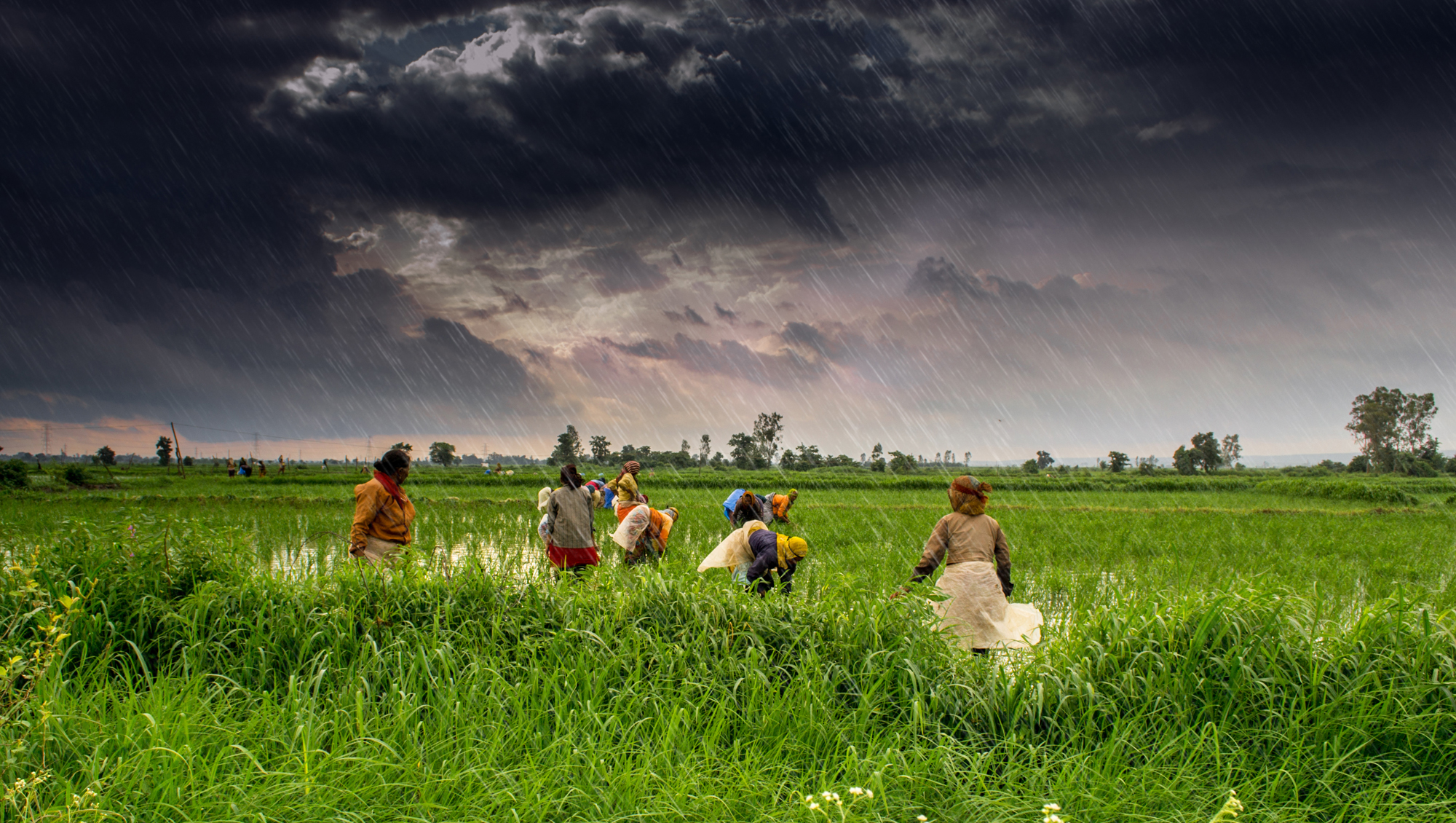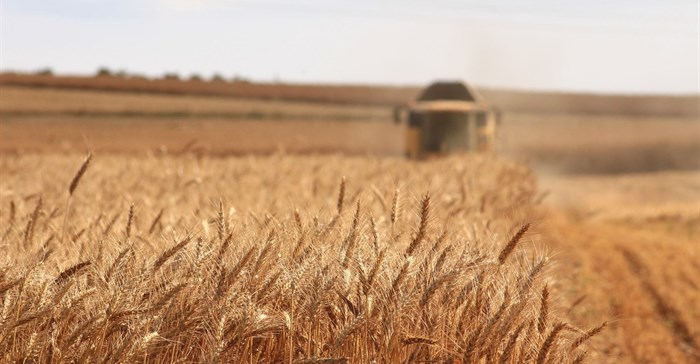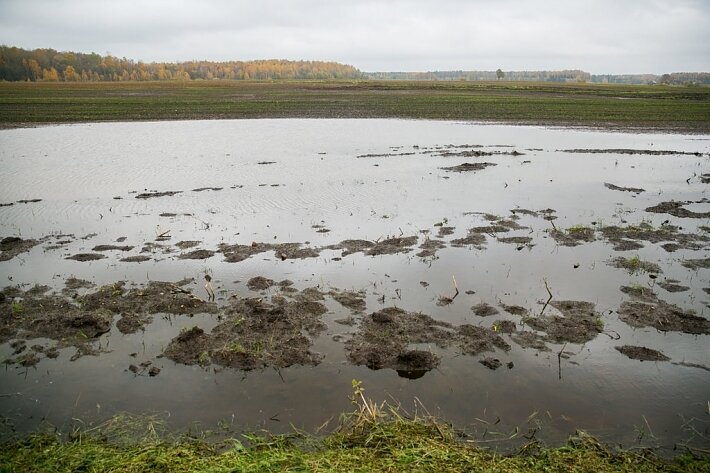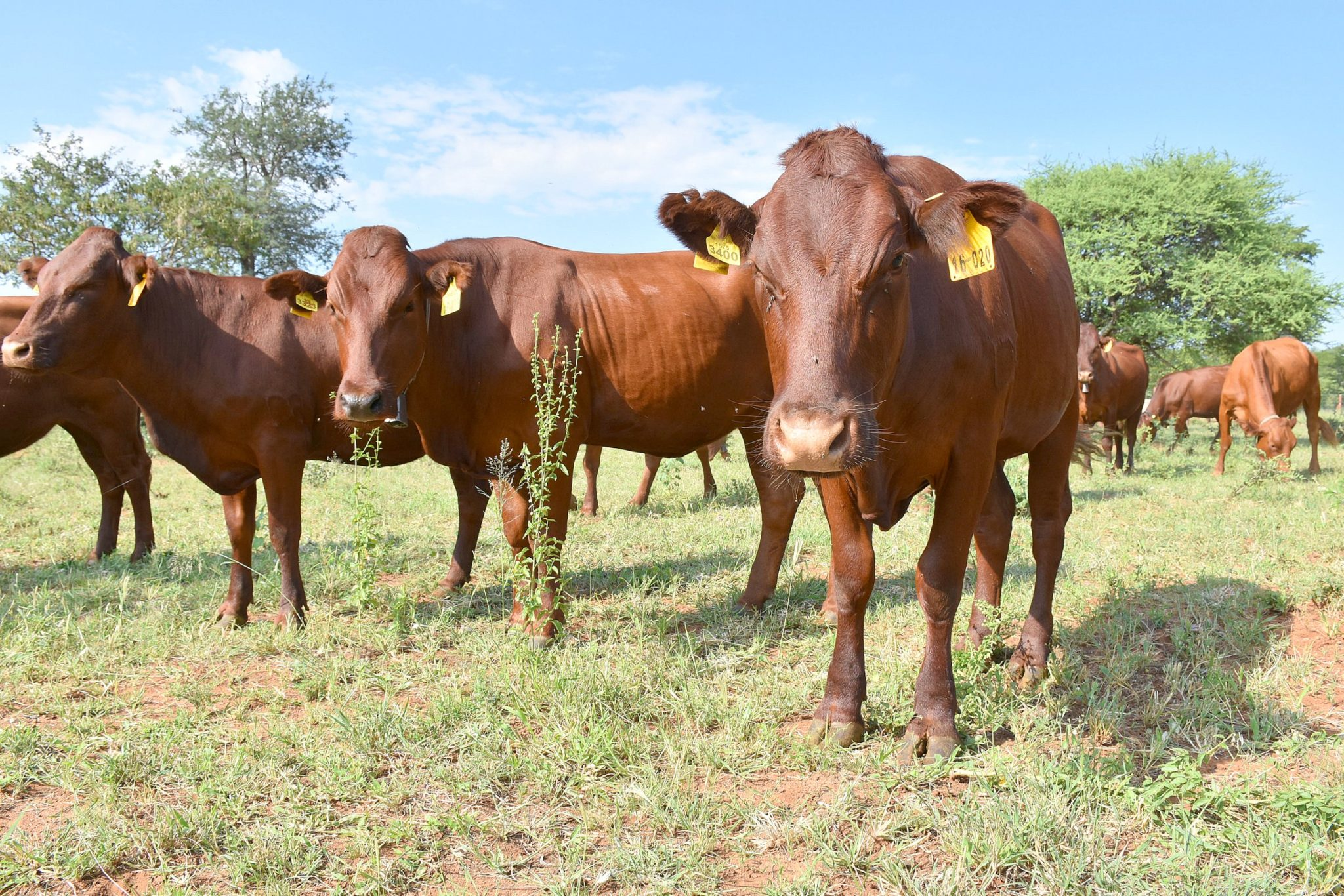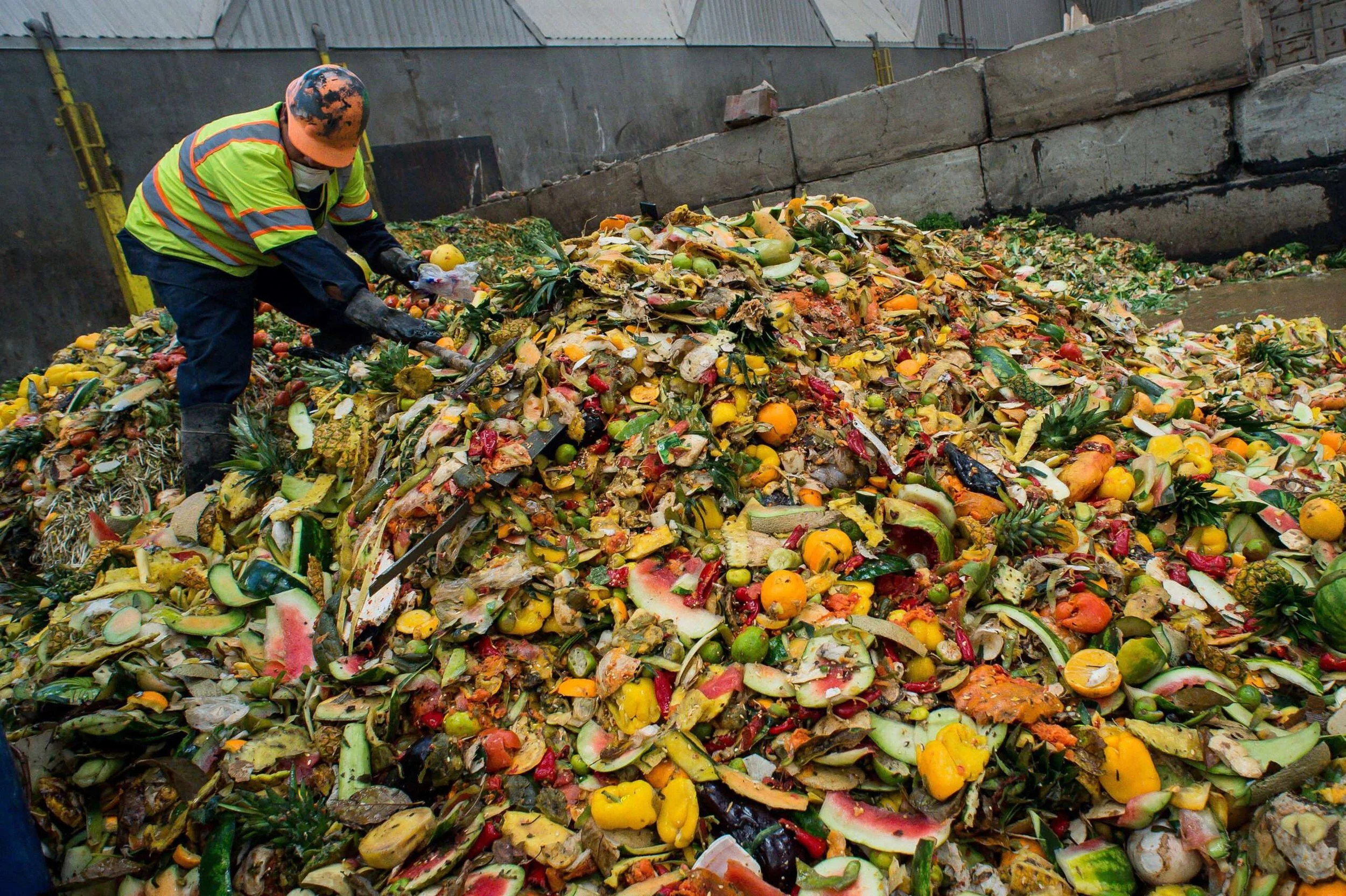Farmers, from Punjab in the north to Tamil Nadu in the south, have started agitations demanding farm loans be waived. The Uttar Pradesh and Maharashtra governments have already considered it politically expedient to write them off. Some other states may follow the suit. However, such decisions are as misguided as they are misleading.
Nonetheless, it will be a mistake to treat the agitations as a domino effect of the UP government’s decision to waive loans worth Rs 36,359 crore. It is a manifestation of an agrarian crisis that has been in the offing for several years now.
After two years of drought-like conditions in Maharashtra and several other parts of the country, the monsoon last year was normal. Farmers responded to the rain and official announcements by increasing the sowing of lentils, oil seeds and coarse cereal, which traditionally used to be in short supply. However, the governments did not keep their end of the bargain. Neither procurement facilities nor remunerative prices were provided as promised.

On top of that, due to the cyclical nature of global food prices, imports have become cheap. Consequently, the wholesale prices of lentils have declined drastically. For example, price of tur has declined from Rs 110 per kg in 2015 to less than Rs 40 per kg in 2016. Mandi prices of fruits and vegetables crashed in the aftermath of demonetisation.
Farmers could not sell tomatoes even at Rs 1 a kg. More recently, the bountiful production of onions and potatoes has sent their prices literally through the floor. All this has had some dampening effect on the consumer price index (CPI), even though gains to the consumer have been modest due to large number of intermediaries and wastage.
 Farm Inputs
Farm Inputs
In contrast, the prices of farm inputs have increased sharply. The official estimates reported in this paper (‘Farmers’ ire not about loans alone’, goo.gl/iWiqZu, June 10) suggest that for several widely cultivated crops farmers are suffering substantial losses. In Madhya Pradesh, wheat has fetched a meagre profit of just 2% while paddy inflicted a loss of 15%.
These numbers are not surprising. During the last three years, the minimum support prices (MSP) for most crops have been raised negligibly, especially when compared to the previous three years (see table). The combination of high costs and low MSP have eroded the viability of agriculture.
An ongoing study shows that in Haryana, the average rent (price demanded on leased out land) has decreased from about Rs 37,000 per acre per year in 2014 to Rs 24,000 this year. The vagaries of weather and volatility in paddy prices have made the situation worse. Many panchayats failed to rent out their land, even after several attempts. The crisis in agriculture has caused distress to the entire rural economy. However, the waiving of farm loans is not only bad for the economy but is also detrimental to the long-term interests of the farmer.
It incentivises even debtors capable of repaying loans to default. Unsurprisingly, the recent waiver announced by the Maharashtra government is expected to cost Rs 30,500 crore, almost four times the loans waived in the 2008-09 scheme of the UPA government. Waiving farm loans was a bad decision then. It is a bad idea even now.
Just like the 2008-09 scheme, the latest round cannot improve conditions of farmers. However, it will eat into investments in infrastructure and public goods.
Provide Credit
If the Centre is serious about doubling farm income, it should focus on increasing the availability of institutional credit in rural areas. According to the latest RBI data, the average value of credit advanced by scheduled commercial banks in rural areas is only Rs 1.28 lakh per borrower. The average credit advanced to small borrowers — small and marginal farmers, artisans etc — is a mere Rs 49,681.
According to recent reports, the rate of growth for lending to agriculture has come down to 2.5%. In such a scenario, small and marginal farmers are forced to raise 40-60% of their debt from non-institutional lenders at usurious rates. Saving them from the clutches of the moneylender should be a high priority. Since most farmers have bank accounts now, such an objective is attainable. Farming can become viable only by supplementing it with activities like animal husbandry.
Besides, the Pradhan Mantri Fasal Bima Yojana (crop insurance scheme) should extend insurance coverage to partially damaged crops. It should target at the farm-household level, and extend the time horizon of coverage up to five years so as to cover both normal and bad years. Also, there is a need to increase productivity of agriculture by improving irrigation facilities, water harvesting and soil conservation technologies.
Finally, it is equally important to protect consumers’ interests while making farming remunerative. This requires amending the Agricultural Produce Market Committee Act and augmenting storage facilities to reduce wastage of fruits and vegetables.
These last two issues fall under the domain of the states. But the ruling coalition at the Centre also rules several key states, making it very much viable.
Source - http://blogs.economictimes.indiatimes.com
 On top of that, due to the cyclical nature of global food prices, imports have become cheap. Consequently, the wholesale prices of lentils have declined drastically. For example, price of tur has declined from Rs 110 per kg in 2015 to less than Rs 40 per kg in 2016. Mandi prices of fruits and vegetables crashed in the aftermath of demonetisation.
Farmers could not sell tomatoes even at Rs 1 a kg. More recently, the bountiful production of onions and potatoes has sent their prices literally through the floor. All this has had some dampening effect on the consumer price index (CPI), even though gains to the consumer have been modest due to large number of intermediaries and wastage.
On top of that, due to the cyclical nature of global food prices, imports have become cheap. Consequently, the wholesale prices of lentils have declined drastically. For example, price of tur has declined from Rs 110 per kg in 2015 to less than Rs 40 per kg in 2016. Mandi prices of fruits and vegetables crashed in the aftermath of demonetisation.
Farmers could not sell tomatoes even at Rs 1 a kg. More recently, the bountiful production of onions and potatoes has sent their prices literally through the floor. All this has had some dampening effect on the consumer price index (CPI), even though gains to the consumer have been modest due to large number of intermediaries and wastage. Farm Inputs
In contrast, the prices of farm inputs have increased sharply. The official estimates reported in this paper (‘Farmers’ ire not about loans alone’, goo.gl/iWiqZu, June 10) suggest that for several widely cultivated crops farmers are suffering substantial losses. In Madhya Pradesh, wheat has fetched a meagre profit of just 2% while paddy inflicted a loss of 15%.
These numbers are not surprising. During the last three years, the minimum support prices (MSP) for most crops have been raised negligibly, especially when compared to the previous three years (see table). The combination of high costs and low MSP have eroded the viability of agriculture.
An ongoing study shows that in Haryana, the average rent (price demanded on leased out land) has decreased from about Rs 37,000 per acre per year in 2014 to Rs 24,000 this year. The vagaries of weather and volatility in paddy prices have made the situation worse. Many panchayats failed to rent out their land, even after several attempts. The crisis in agriculture has caused distress to the entire rural economy. However, the waiving of farm loans is not only bad for the economy but is also detrimental to the long-term interests of the farmer.
It incentivises even debtors capable of repaying loans to default. Unsurprisingly, the recent waiver announced by the Maharashtra government is expected to cost Rs 30,500 crore, almost four times the loans waived in the 2008-09 scheme of the UPA government. Waiving farm loans was a bad decision then. It is a bad idea even now.
Just like the 2008-09 scheme, the latest round cannot improve conditions of farmers. However, it will eat into investments in infrastructure and public goods.
Provide Credit
If the Centre is serious about doubling farm income, it should focus on increasing the availability of institutional credit in rural areas. According to the latest RBI data, the average value of credit advanced by scheduled commercial banks in rural areas is only Rs 1.28 lakh per borrower. The average credit advanced to small borrowers — small and marginal farmers, artisans etc — is a mere Rs 49,681.
According to recent reports, the rate of growth for lending to agriculture has come down to 2.5%. In such a scenario, small and marginal farmers are forced to raise 40-60% of their debt from non-institutional lenders at usurious rates. Saving them from the clutches of the moneylender should be a high priority. Since most farmers have bank accounts now, such an objective is attainable. Farming can become viable only by supplementing it with activities like animal husbandry.
Besides, the Pradhan Mantri Fasal Bima Yojana (crop insurance scheme) should extend insurance coverage to partially damaged crops. It should target at the farm-household level, and extend the time horizon of coverage up to five years so as to cover both normal and bad years. Also, there is a need to increase productivity of agriculture by improving irrigation facilities, water harvesting and soil conservation technologies.
Finally, it is equally important to protect consumers’ interests while making farming remunerative. This requires amending the Agricultural Produce Market Committee Act and augmenting storage facilities to reduce wastage of fruits and vegetables.
These last two issues fall under the domain of the states. But the ruling coalition at the Centre also rules several key states, making it very much viable.
Source - http://blogs.economictimes.indiatimes.com
Farm Inputs
In contrast, the prices of farm inputs have increased sharply. The official estimates reported in this paper (‘Farmers’ ire not about loans alone’, goo.gl/iWiqZu, June 10) suggest that for several widely cultivated crops farmers are suffering substantial losses. In Madhya Pradesh, wheat has fetched a meagre profit of just 2% while paddy inflicted a loss of 15%.
These numbers are not surprising. During the last three years, the minimum support prices (MSP) for most crops have been raised negligibly, especially when compared to the previous three years (see table). The combination of high costs and low MSP have eroded the viability of agriculture.
An ongoing study shows that in Haryana, the average rent (price demanded on leased out land) has decreased from about Rs 37,000 per acre per year in 2014 to Rs 24,000 this year. The vagaries of weather and volatility in paddy prices have made the situation worse. Many panchayats failed to rent out their land, even after several attempts. The crisis in agriculture has caused distress to the entire rural economy. However, the waiving of farm loans is not only bad for the economy but is also detrimental to the long-term interests of the farmer.
It incentivises even debtors capable of repaying loans to default. Unsurprisingly, the recent waiver announced by the Maharashtra government is expected to cost Rs 30,500 crore, almost four times the loans waived in the 2008-09 scheme of the UPA government. Waiving farm loans was a bad decision then. It is a bad idea even now.
Just like the 2008-09 scheme, the latest round cannot improve conditions of farmers. However, it will eat into investments in infrastructure and public goods.
Provide Credit
If the Centre is serious about doubling farm income, it should focus on increasing the availability of institutional credit in rural areas. According to the latest RBI data, the average value of credit advanced by scheduled commercial banks in rural areas is only Rs 1.28 lakh per borrower. The average credit advanced to small borrowers — small and marginal farmers, artisans etc — is a mere Rs 49,681.
According to recent reports, the rate of growth for lending to agriculture has come down to 2.5%. In such a scenario, small and marginal farmers are forced to raise 40-60% of their debt from non-institutional lenders at usurious rates. Saving them from the clutches of the moneylender should be a high priority. Since most farmers have bank accounts now, such an objective is attainable. Farming can become viable only by supplementing it with activities like animal husbandry.
Besides, the Pradhan Mantri Fasal Bima Yojana (crop insurance scheme) should extend insurance coverage to partially damaged crops. It should target at the farm-household level, and extend the time horizon of coverage up to five years so as to cover both normal and bad years. Also, there is a need to increase productivity of agriculture by improving irrigation facilities, water harvesting and soil conservation technologies.
Finally, it is equally important to protect consumers’ interests while making farming remunerative. This requires amending the Agricultural Produce Market Committee Act and augmenting storage facilities to reduce wastage of fruits and vegetables.
These last two issues fall under the domain of the states. But the ruling coalition at the Centre also rules several key states, making it very much viable.
Source - http://blogs.economictimes.indiatimes.com


